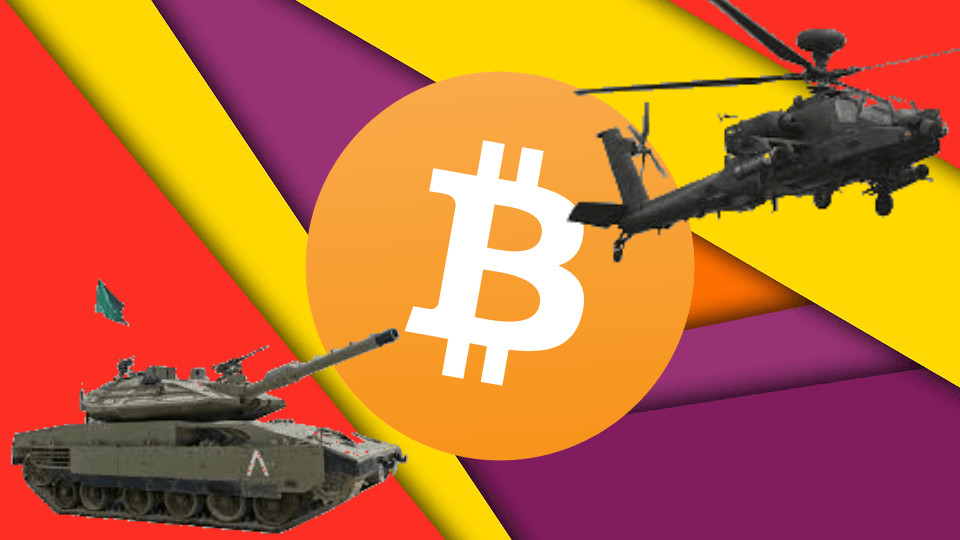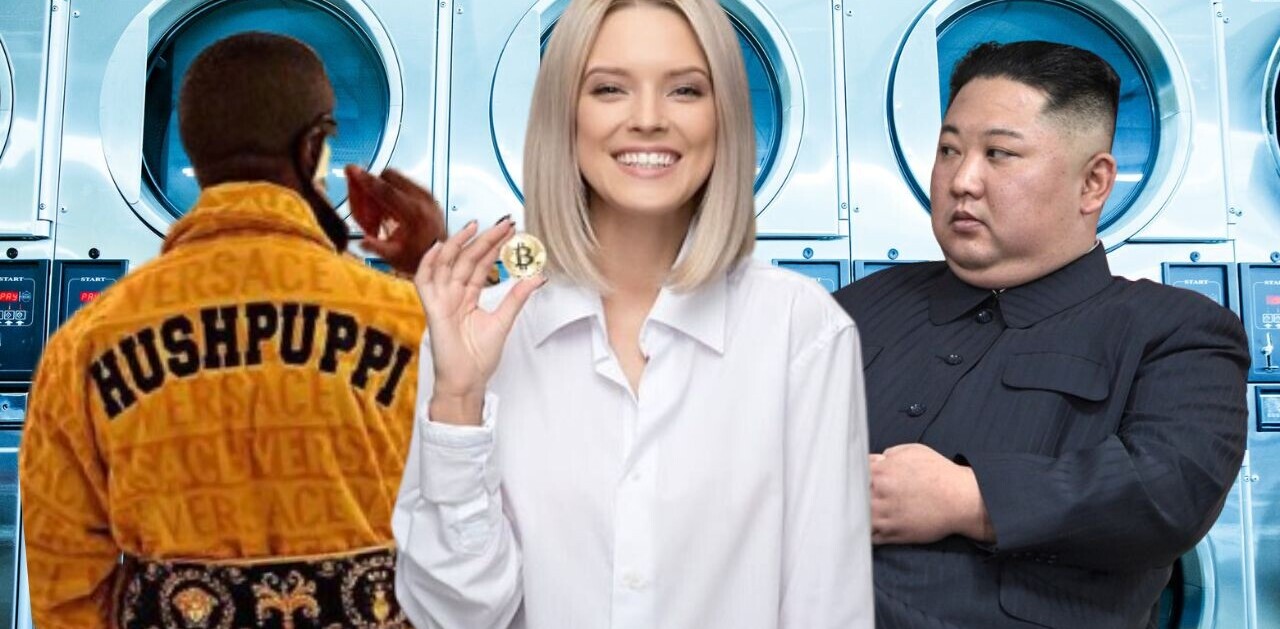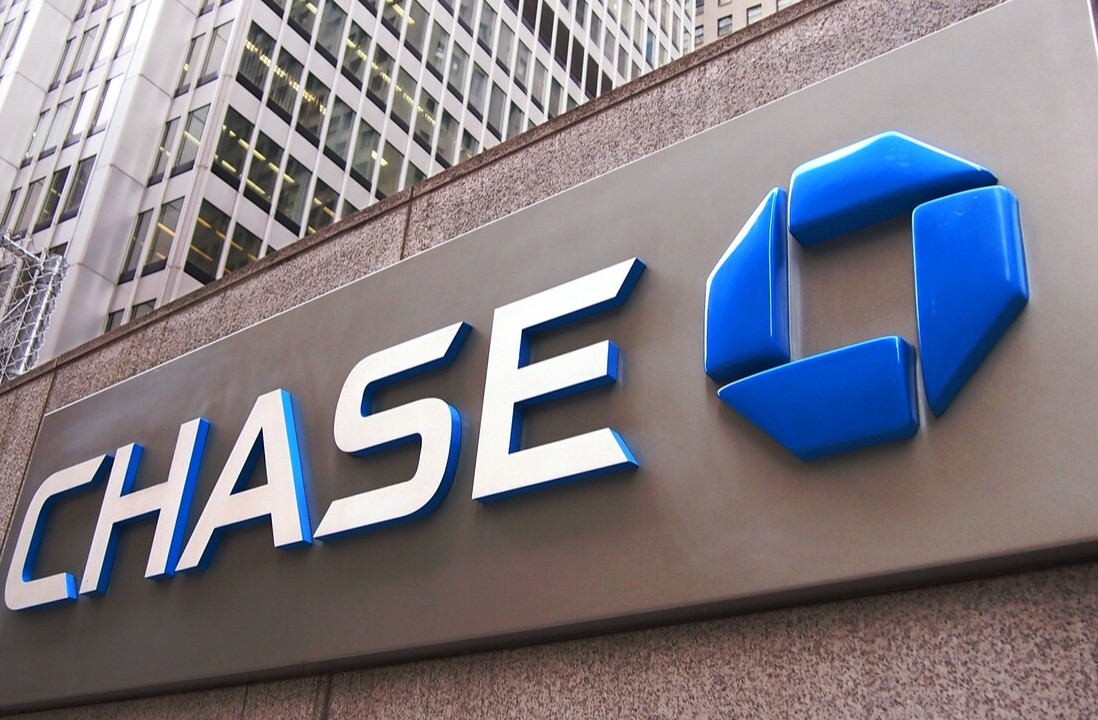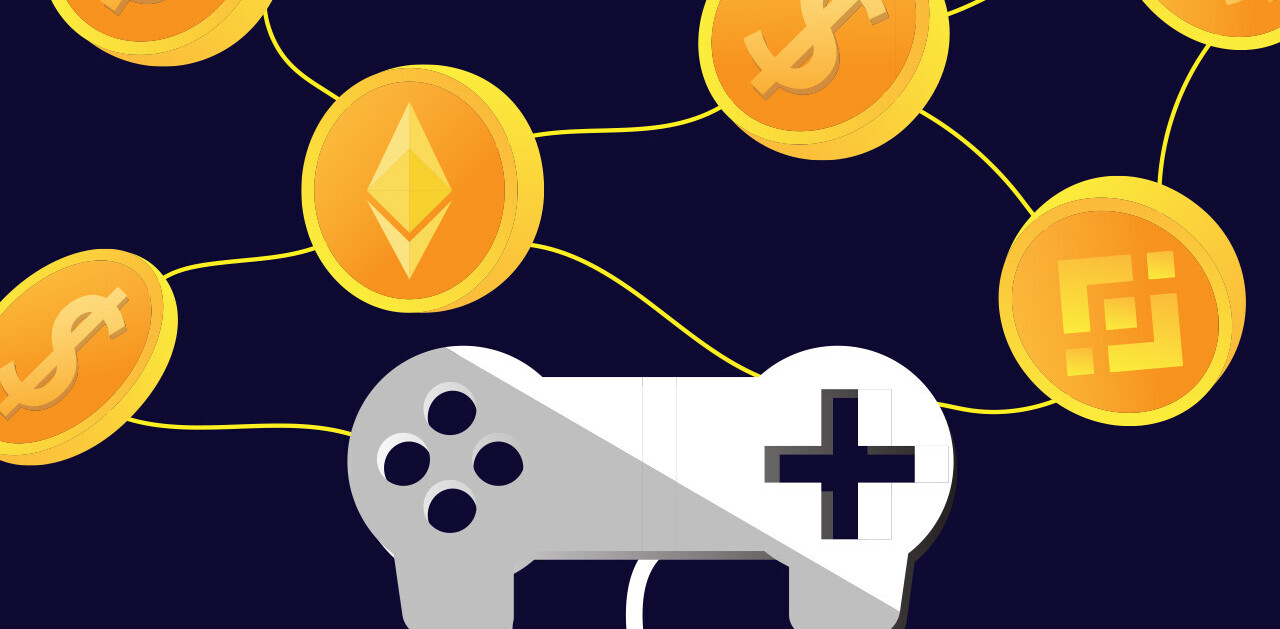When I first joined the blockchain space as a PR guy a few years ago, my focus was almost entirely centered on press coverage on high profile business publications. Sure thing, most of my clients simply would not buy anything but Forbes, Business Insider, and Entrepreneur features.
Frankly said, I myself was thinking that it’s probably the most effective way to cut through the incredible noise of all those countless blockchain projects. God have I been wrong.
Enter the crypto PR theater
One of the main problems I was facing in the blockchain PR business was that a huge amount of companies were spending tens of thousands of dollars every month on paying journalists and contributors to shill their projects in an article.
That’s not what a PR strategy should be like and that’s also not very effective.
This has led to a situation where dozens of blockchain projects are featured on top tier sites every month, while the vast majority of them are forgotten not more than a week later.
So I started to observe the blockchain space very closely and what I discovered was shocking and intriguing at the same time — the crypto world was at war. Marketing commanders from both big and small companies were fighting each other in the trenches every day. Their weapon: creativity.
A crypto army’s infantry
Have you ever been in the Telegram chat group of a popular cryptocurrency project? I can tell you what it’s like: hundreds of people are posting thousands of images, gifs, and stickers every single hour.
Months ago, there was a creative mastermind that came up with the brilliant idea of branded Telegram stickers that can be used to share your crypto religion with other users. Considering that there are plenty of blockchain related chats with tens of thousands of members, equipping your crypto tribe with fancy stickers can be an incredible way of spreading your brand.

While Telegram stickers can already be seen as a novel form of memes, some marketers even went one step further and incorporated meme production into their daily marketing. I’m recalling a smaller cryptocurrency exchange that hired a popular Twitter personality called CryptoChimp and made him or her its official “Director of Memes.”
With every share and like this account receives, its patron may be content with increased brand awareness and traffic. As crypto job platforms started to notice “meme specialist” as a real profession, the potential of recruiting meme experts seems to become increasingly recognized at the moment.
Nonetheless, having an in-house meme production definitely isn’t necessary to profit from the viral effect memes can have. When the world’s biggest cryptocurrency exchange Binance announced its Secure Asset Fund for Users, it chose a name that was directly connected to a fairly popular meme video on YouTube.
As a result, the announcement has been shared thousands of times, fans were celebrating Binance on social media and even respected personalities, such as Litecoin founder Charlie Lee, gave Binance CEO CZ their respect.
Don’t be afraid to shoot the heavy guns
Remember the reports of half a dozen Lamborghinis that were parked directly outside of CoinDesk’s Consensus event in 2018? You might have already heard about it, but those cars were actually rented by another widely used cryptocurrency exchange, known as Bitmex.
This marketing move has reached some of the biggest business media outlets on earth, granting Bitmex visibility to hundreds of thousands of people. Since renting a Lambo for a day was speculated to cost around $1,000, the money was probably well spent.
If you don’t believe that cars can drive up your sales, then you’re perhaps more into influencer advertising. John McAfee might be one of those influencers that comes to your mind when thinking about polarizing marketing, as he is known for frequently promoting cryptocurrencies on his Twitter account in exchange for a hefty fee. Not long ago, one of his “clients” seemed to be not satisfied with just a plain tweet. In fact, one could say that they brought influencer marketing to the next level.
I got a Skycoin (https://t.co/2oeokRUOME) tattoo today. My tech folks will stitch a two minute video together that should capture the essence of the experience. For now, this short clip should summarize. Why Skycoin? If you have to ask, you've been living in a fucking closet. pic.twitter.com/c6plwQrH2t
— John McAfee (@officialmcafee) November 7, 2018
On November 7, 2018, John McAfee uploaded a video on Twitter showcasing his latest body art: a tattoo of his client’s logo.
Surprisingly, the price of said client’s cryptocurrency indeed increased by more than 10 percent within a few hours and several blockchain publications started to pick up the story. While this might not be the most professional way to advertise your company, it was certainly an event that I will never forget in my entire life.
Surviving the crypto war
These examples are, of course, only making up a tiny percentage of all notable guerilla marketing campaigns that happened during the past few years in the blockchain world. Your takeaway from this should be that out-of-the-box marketing is clearly among the most effective tactics to stand out from the enormous number of blockchain projects.
In the end, it’s all about being creative and willing to try something new, which can elevate your brand to another level. One thing is for sure, buying a mention in an article on Forbes will never be able to do that.
Get the TNW newsletter
Get the most important tech news in your inbox each week.






